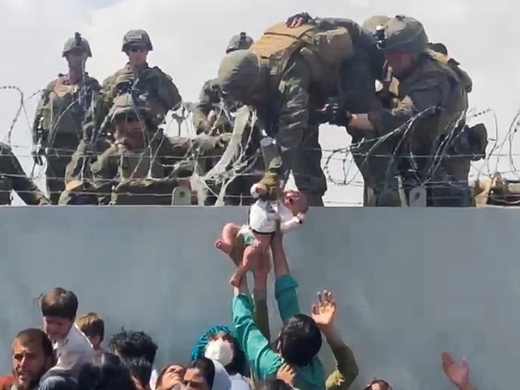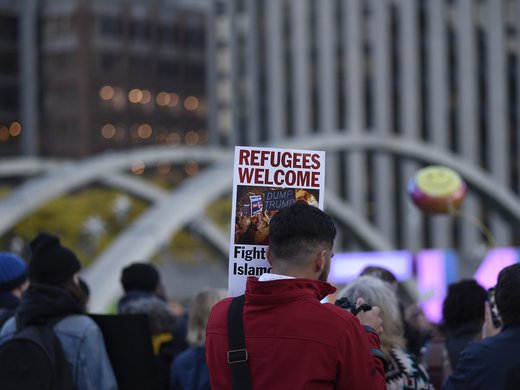The modern refugee regime lacks a clearly defined system of governance: individual states are responsible for implementing the regime’s norms within their own territories and jurisdictions, while decisions taken in parallel policy fields, such as security, development and migration, have a considerable impact on the regime’s functioning. Further, governance of the regime has often been conflated with governance of the regime’s primary organization, the UN High Commissioner for Refugees. Important forms of coordination, dialogue and political engagement, all necessary for facilitating international cooperation and realizing the regime’s core objectives of protection and solutions for refugees, are challenged by these issues. The authors propose a model for enhanced governance of the regime that could contribute to improved protection and solutions for refugees and to more predictability for states and the international system.


